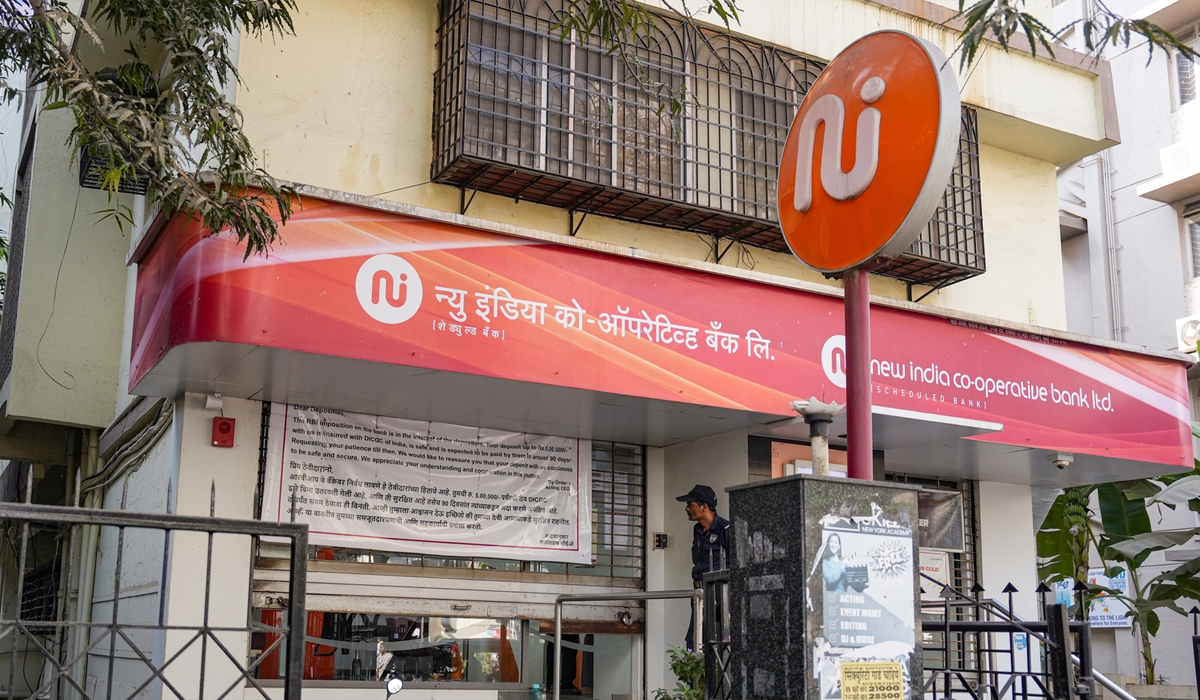
Mumbai: Another cooperative bank has found itself at the center of a financial scandal with the arrest of Hitesh Mehta, the general manager and head of accounts at New India Cooperative Bank. He is accused of embezzling Rs122 crore. However, what initially appears to be a case of embezzlement might actually signal a much deeper institutional issue—one that raises questions about the Reserve Bank of India’s (RBI) role in detecting and preventing such fraud.
According to whistle-blowers and insiders, the fraud didn’t occur overnight, nor was it carried out without warning signs. The bank’s financial reports have shown unusually high cash balances since 2021, while reserves with other banks have dwindled to nothing. Despite these red flags, the RBI, which conducts annual inspections, did not raise concerns. This raises the troubling question: Was this due to negligence, incompetence, or even a deliberate cover-up?
What Did the Report Say?
New India Cooperative Bank has been struggling with losses in the last two fiscal years, posting a net loss of Rs23 crore in FY23-24 and Rs31 crore in FY22-23. As of March 31, 2024, the bank’s advances had decreased to Rs1,175 crore from Rs1,330 crore a year earlier. Deposits saw only a slight increase, from Rs2,406 crore to Rs2,436 crore.
In its 2023 audited financials, the bank reported Rs122 crore in cash on hand, which increased to Rs135 crore in 2024. However, RBI’s most recent actions suggest that the entire amount was missing, leading to speculation that the bank might have had no cash in its vaults at all.
“If this was the case, why did the RBI only act now?” asks the whistle-blower. “Is there a deeper financial crisis within the bank that is being downplayed by focusing the blame on a single scapegoat?”
Mehta allegedly admitted to embezzling funds since 2020. If the fraud had been ongoing for years, why didn’t the RBI detect discrepancies during its routine inspections? “Why did the RBI act now, when the bank’s financials had largely remained the same over the years?” the whistle-blower questions.
The same RBI officials reportedly conducted the inspections year after year and continued to clear the bank without raising any alarms. One of these officials had previous ties to the infamous PMC Bank scam.
RBI allegedly completed its cash verification on February 12, 2025, but didn’t immediately freeze transactions, which allowed for further deposits and possibly gave insiders the chance to withdraw funds. “If the RBI had confirmed the cash was missing, why did it take so long to impose withdrawal restrictions? Who will be held accountable for the depositors’ losses during this critical window?” asks the whistle-blower.
Following the revelation of the fraud, Mumbai police’s economic offences wing (EOW) arrested Mehta after questioning him for over three hours. The case was filed based on a complaint by the bank’s acting CEO, Devarshi Ghosh. Investigations later revealed that Mehta had allegedly diverted Rs70 crore to a real estate developer, Dharmesh Paun, for a slum rehabilitation authority (SRA) project in Kandivali. Paun has also been arrested, and both men are currently in police custody.
The embezzlement of Rs122 crore highlights the urgent need for accountability and transparency within the RBI’s regulatory processes. “If RBI officials can repeatedly overlook such obvious financial irregularities, it suggests either gross incompetence or collusion with fraudulent bankers,” says the whistle-blower.
